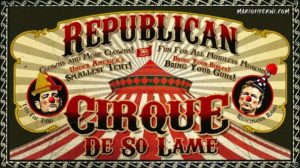The House passed a D.C. statehood bill (again) on Thursday, April 22, 2021, without a single Republican vote (read story here), but there’s no way it’ll pass in the Senate unless the filibuster is done away with (and even then, it’s not clear every Democratic senator is on board), because Republicans assume it will give Democrats 2 more Senate seats. The District’s population is majority-black and votes heavily Democratic in local elections.
The House also voted to admit D.C. as a state in 2020, but that bill croaked in the Senate. These legislative moves followed a 2016 referendum in which 86% of D.C. voters said “yes” to statehood. (For a detailed history of the D.C. statehood movement, see the Wikipedia article here.)
There are sound reasons for granting D.C. the status of a state (see the Wikipedia article), but they get submerged by the partisan considerations. There’s nothing new about this; through U.S. history, politics has driven the creation of states; leading up to the Civil War, both sides of the slavery question were obsessed with the other side getting more states (and votes in Congress), so the process of turning territories into states had to be done by balancing new non-slave states with new slave states.
So in Congress, this is about politics, pure and simple. It follows that Republican talking points against statehood are bound to be specious, transparent, and laughable — and they are. Read a sampling of them here. Related story: Rep. Mondaire Jones (D-NY) angered Republicans by calling their arguments “racist trash.” See story here.
